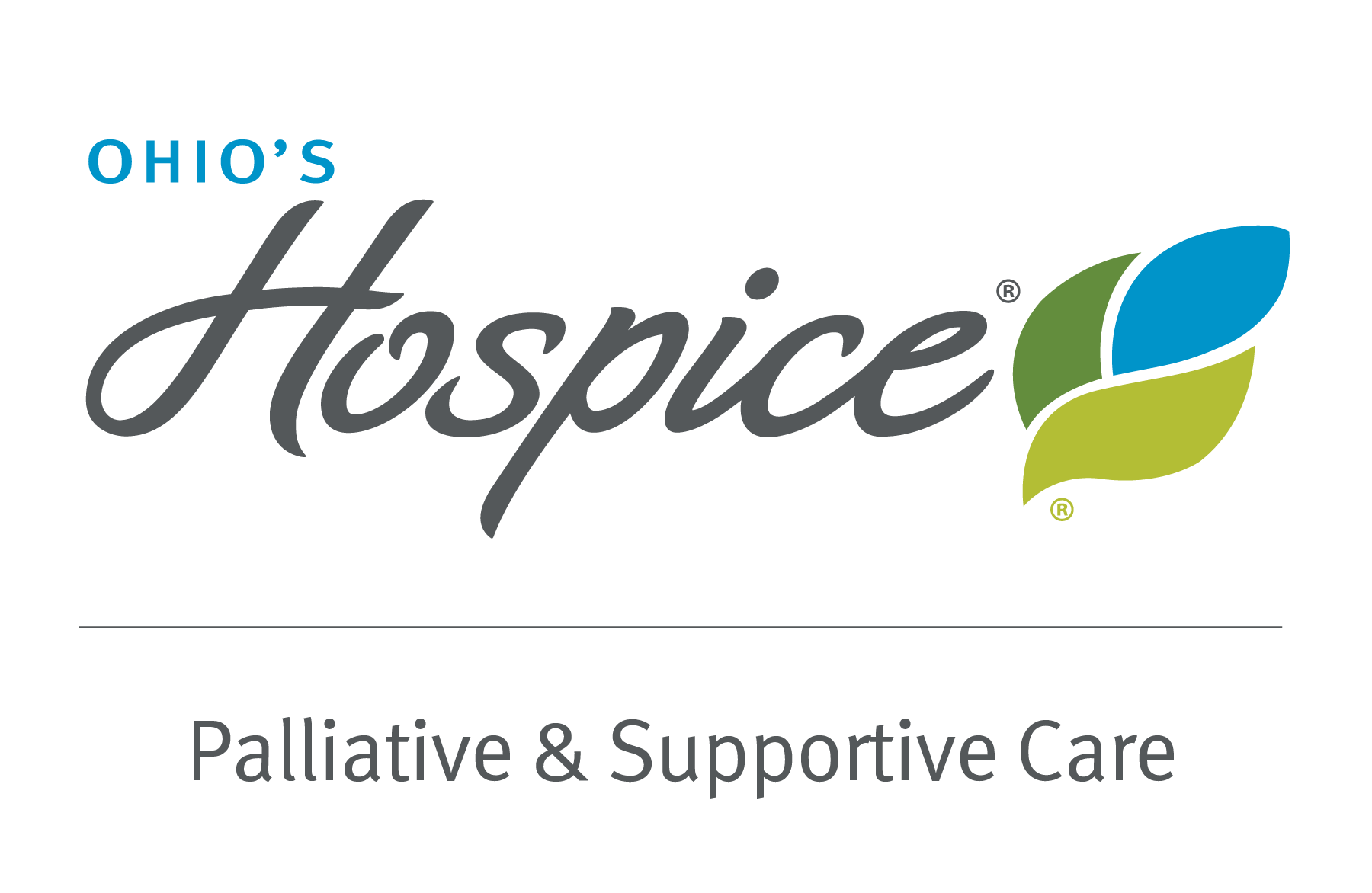Start the Conversation: Let Your Wishes Be Known With Advance Care Planning
Advance care planning helps ensure that your healthcare choices are known and honored, and that your family or loved ones are not left guessing your wishes in an emergency or if you are unable to make healthcare decisions on your own.

At Ohio’s Hospice, we believe that advance directives and advance care planning are essential parts of providing compassionate, person-centered care that respects individual wishes and values.
Bonnie Burnside, manager of social workers and chaplains at Ohio’s Hospice, explains that advance care planning is a process that includes both conversations and the completion of documents. These documents may include a living will, a durable power of attorney for healthcare, and resuscitation orders.
“It is important to have conversations with loved ones and your healthcare proxy (the person designated to make healthcare decisions on your behalf) before completing these documents, so they better understand what values you consider important when making healthcare decisions,” she said. “If advance directives are already in place, it is also important for healthcare providers to know about them, so your wishes are honored if you are no longer able to speak for yourself.”
As a not-for-profit, community-based organization, Ohio’s Hospice is committed to helping individuals and families navigate these important conversations with dignity and respect.
Healthcare providers will follow the directions outlined in your advance directives, even if your loved ones disagree with the choices made. A healthcare power of attorney is only activated when the patient is no longer able to make their own decisions.
“This means that just because a loved one has been named healthcare power of attorney, they do not have the authority to make decisions as long as the patient is capable of making them on their own,” Burnside said.
There will likely come a time when healthcare decisions need to be made, and you may not be able to make your wishes known. While discussing your healthcare preferences may be difficult, it is an essential step in ensuring your wishes are respected.
Families and loved ones who take the time to talk things through often have less difficulty making hard decisions during a crisis because they feel confident they are doing what their loved ones would want.
“On the other hand, families who have not had these conversations find themselves making decisions for more aggressive care out of guilt or simply not knowing what to do,” Burnside said.
It should be noted that advance care planning is not just for those who are elderly or facing chronic illness. Accidents happen every day and there is a chance you could find yourself in a situation where you are unable to make your wishes known.
Advance care planning decisions should be re-evaluated throughout a person’s life, with changes in health or family situations. When it comes to seeking resources, all of Ohio’s Hospice social workers are experts in assisting with advance care planning conversations and completing the documents.
We have the state of Ohio Living Will and durable power of attorney for healthcare forms available that we can provide, explain and or help complete. It is important to remember these legal documents provide instructions about your healthcare wishes.
Three Components of Advance Directives
Understanding the components of advance directives is an important step in this process.
Advance directives typically include a living will and a healthcare power of attorney. In addition, patients may choose to complete a Do Not Resuscitate (DNR) order with their healthcare provider.
- A Living Will tells doctors how the patient wants to be treated if they are unable to make decisions on their own.
- A Healthcare Power of Attorney is a legal document naming someone with the same values and wishes to make medical decisions for the patient at times the patient is unable to do so.
- A Do Not Resuscitate Order allows patients to choose whether they wish to have CPR performed if an emergency happens. When a DNR is signed, the doctor will write a medical order instructing all healthcare providers not to do CPR if the patient stops breathing or their heart stops beating.
Planning Ahead
When creating advance directives, the documents must be in writing. In Ohio, the documents can be notarized or witnessed by two people who are not related to the patient, their primary physician, the administrator of the nursing home they are living in or the person named as power of attorney. It is important to give a copy to your doctors and those who will have healthcare decision making power. Keep a record of who has your advance directives.
By planning ahead, you can help to ensure you receive the medical care you want, avoid unnecessary suffering, and relieve caregivers of decision-making burdens and disagreements during emergencies and moments of grief.
We have the resources to help you navigate through the decision-making process for your advance directives.

